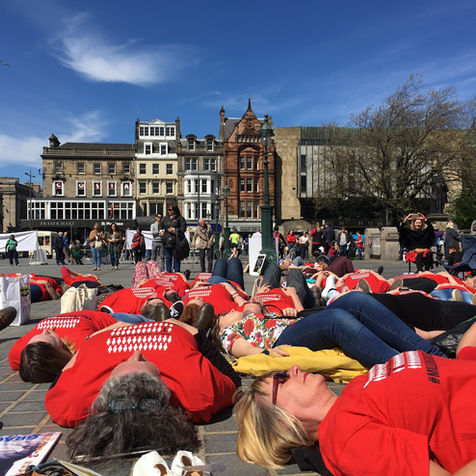top of page


WE'RE IGNITING A GLOBAL REVOLUTION IN M.E. CARE
Our movement fights for recognition, research and clinical education so that, one day, all people with myalgic encephalomyelitis (ME, or ME/CFS) and Long COVID will have access to compassionate and effective care.
We are advocating for our communities at every government table and protesting on the streets. We are collaborating with scientific and medical groups to advance our knowledge and expertise for ME and Long COVID.
We are growing a community and building a movement.
Join Us!

122+
2,000+
18,000+
100,000+
Facebook Groups
Members
Participants
Reached

17:08

11:48

00:58
bottom of page








